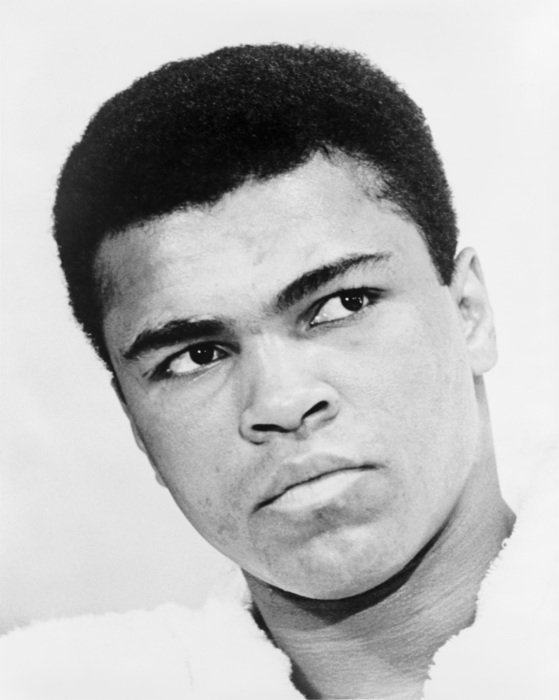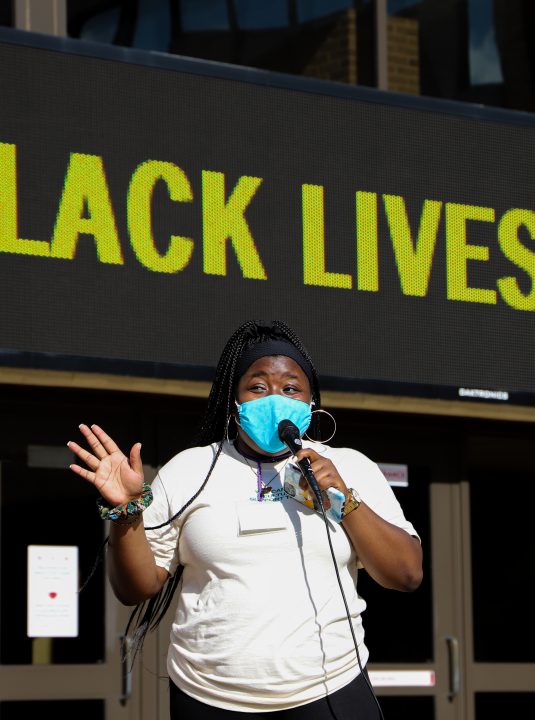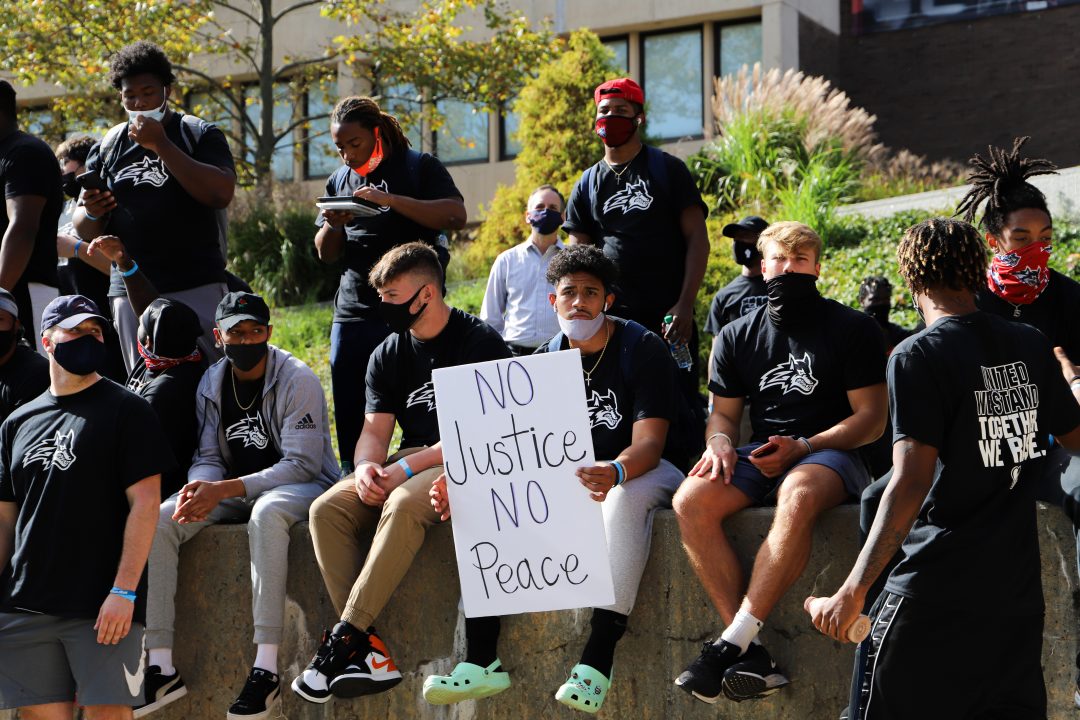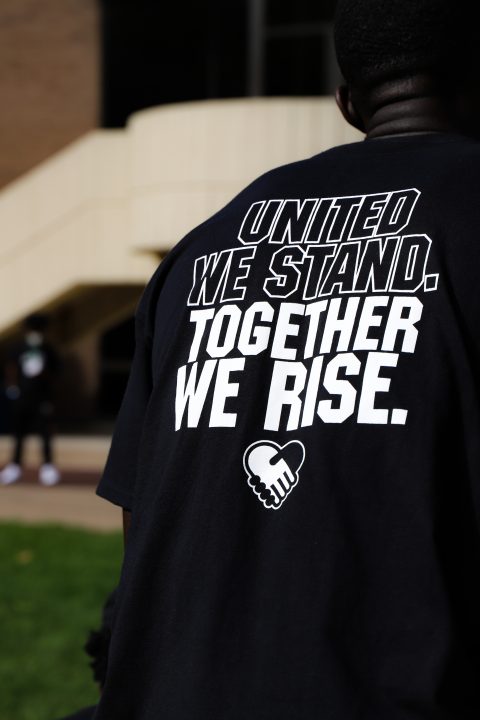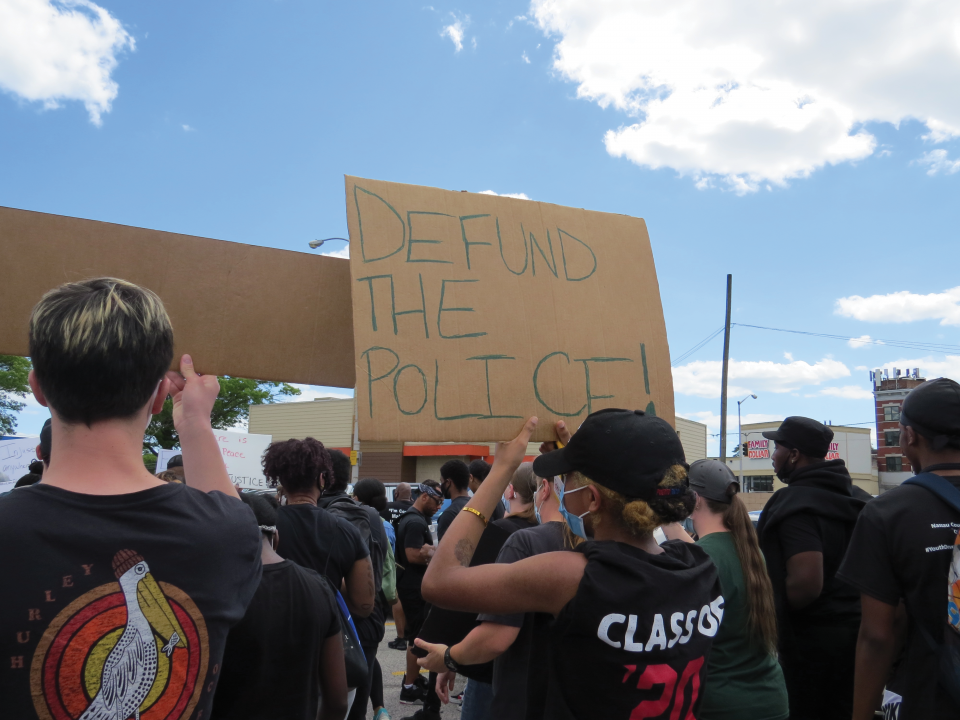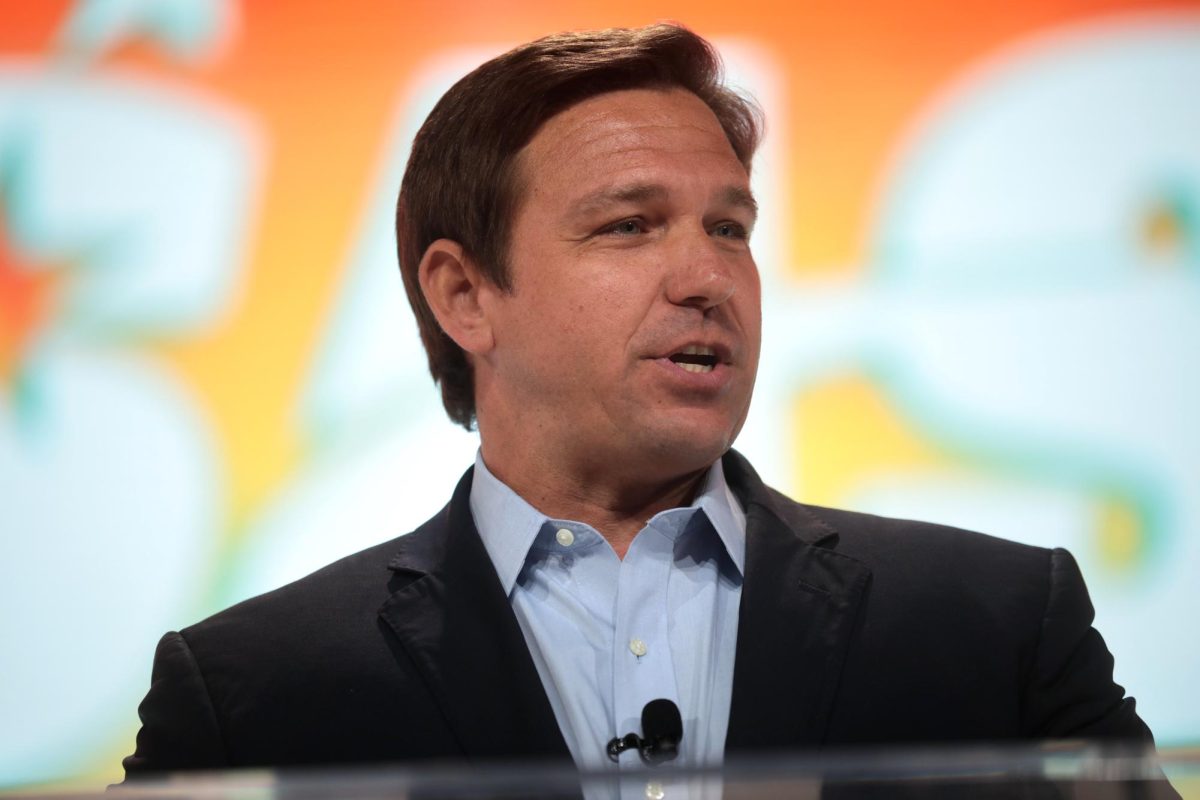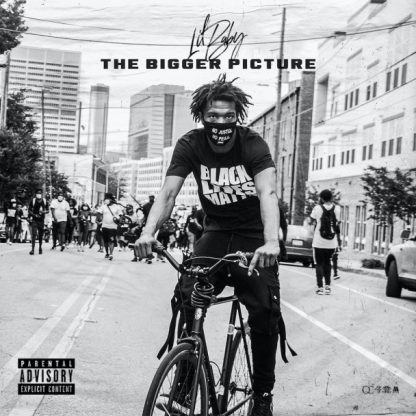
Catalina Benavides is a first semester graduate student in the Master of Arts in Teaching English program.
In 2017, I had written a paper for an English class entitled “Martin, Malcolm, & Rap Music” about how rap music today reflects the messages of both Dr. Martin Luther King Jr. and Malcolm X. I argued that, if not always, rappers have used their platforms and lyrical talent to express to their audiences that the progress for the Black community has yet to be substantial — the fight for equal rights is not over.
With the unfortunate death of George Floyd, which was recorded for all the world to watch in terror, the feelings of loss and despair have only grown for Black Americans in the past year. These feelings have become magnified as more lives are being affected. Breonna Taylor’s life was stolen from her in her very own home. Jacob Blake’s life was changed forever as the world watched him get shot in the back while he tried to enter his own vehicle, leaving him paralyzed. Rayshard Brooks was shot in the back after initially falling asleep in his car. The pain of Black America had bled into the streets of this country and beyond with the response of protesters supporting the Black Lives Matter movement.
It is now 2021 and rap music is still one of the prominent forms of educating and motivating Black Americans to keep fighting.
Tracks, like “Land of the Free” by Joey Bada$$, call out the injustices that America has inflicted against the Black community and reminds community members to pay attention to the history of mistreatment. From my experience listening to his work, Joey Bada$$ raps with the hopes that his audience, or the Black community, will work together to fight for racial equality and justice.
This ongoing healing, while slow and fragile, inspires Black creatives to produce art, music and other forms of expression to lift their voices. Many rappers responded with their own songs, like Meek Mill’s “Otherside of America” or Lil Baby’s “The Bigger Picture,” which both reflect upon this current point in time and the history of being Black in America. Both artists echo the messages of civil rights leaders of the past and present — messages that need to still be heard.
In “The Bigger Picture,” Lil Baby raps, “This was a dream/Now we got the power that we need to have/They don’t want us with it and that’s why they mad,” to express how the dream that MLK once shared is still under attack by “they” or white supremacists.
Lil Baby’s rap is significant because not only does he describe life as a Black man, but he also uses his platform to inspire Black Americans to fight back. He uses his fame to shed light on political realities and empower his listeners to protest and advocate for themselves.
Meek Mill’s “Otherside of America” begins with the harsh words of former President Donald Trump: “You’re living in poverty. Your schools are no good. You have no jobs. 58% of your youth is unemployed. What the hell do you have to lose?” These statements make it seem like Black America is at fault, when in reality, white America has enslaved and redlined Black communities, and criminalized Black folks for minor offenses.
Meek Mill raps about the realities of the Black community as they grow up in a country that does not account for them by shedding light on the all too common struggles that Black children face, from instability at home, food insecurity and a general lack of resources their communities have been given by those in power.
Through his music, Meek Mill is narrating the daily lives of Black Americans with his own experience and the experiences of those he knows. By narrating these realities, he adds dimension to the injustices that we can no longer allow to continue. His music not only empowers Black Americans but also inspires them to work towards a brighter future by seeing how someone who, despite the similar obstacles they currently face, prevails in the pursuit of justice.
Rap has always been a vehicle for political commentary, from N.W.A.’s 1988 hit “F*** the Police” to J. Cole’s “Neighbors” and “4 Your Eyez Only.” Rap is more than music, it’s poetry — an art created through the manipulation of words.
Ralph Ellison’s “Invisible Man,” published in 1952, could easily be connected to many of the events experienced by the men in these rap songs, so why shouldn’t the songs be examined in the same way for their lyrical value and poetic nature? Ellison wrote of the African American experience in the 20th century in order to reveal how race is used to define individuals from the white American gaze, instead of by their own potentials and capabilities. Ellison’s narrator moves through the world as a shadow because society has rendered his identity meaningless.
Like Ellison’s narrator, rappers use their music to share their experiences growing up and moving through a prejudiced society that still has a long way to go today. Both mediums encourage their readers and listeners to change this reality, to change the system, to change the future.
The visibility of an entire community has been veiled, and the deaths of Black lives all across the country have shown that. However, we should never forget that the mission of the BLM movement and that the uplifting of all Black voices, in song or any other artistic medium, is necessary and should continue to grow in volume for all to hear and to act in unity towards a more equal America.







